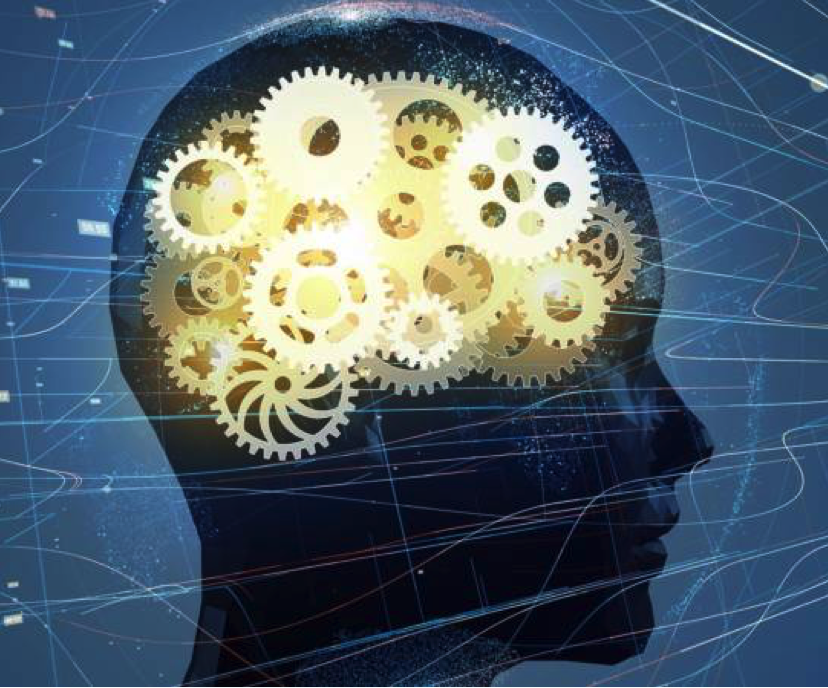Sarper Alkan, A computational model of the brain for decoding mental states from fMRI
In this study we present a brain model for decoding mental states that are captured using functional brain imaging (fMRI). We postulate that, the human brain processes information coming from the senses using specialized brain regions and the brain combines the activity of the specialized regions to come up with a coherent mental state. We model the postulated pattern of information processing in the brain as follows: First, we propose to capture the activity of specialized brain regions using homogenous voxel (volumetric pixel) groups: Supervoxels. Second, we combine the activity of supervoxels to decode the overall mental state using classifier ensembles: Brain Region Ensembles (BRE).
We test our model in three distinct fMRI datasets, where our model performs better, in terms of accuracy of classification of mental states, than the widely used brain decoding methods that rely on voxel selection. Also, we present how supervoxels can be used for the localization of the brain regions that are effective in discriminating the mental states under consideration regarding fMRI experiments.
Date: 07.10.2019 14:30 Place: Conference Hall 1

